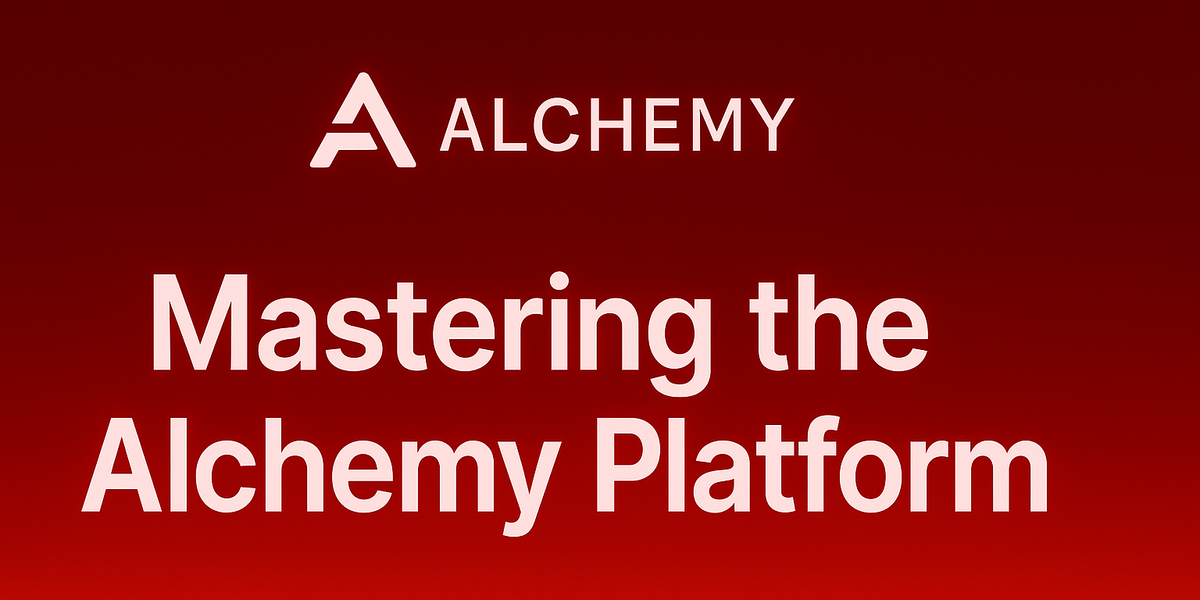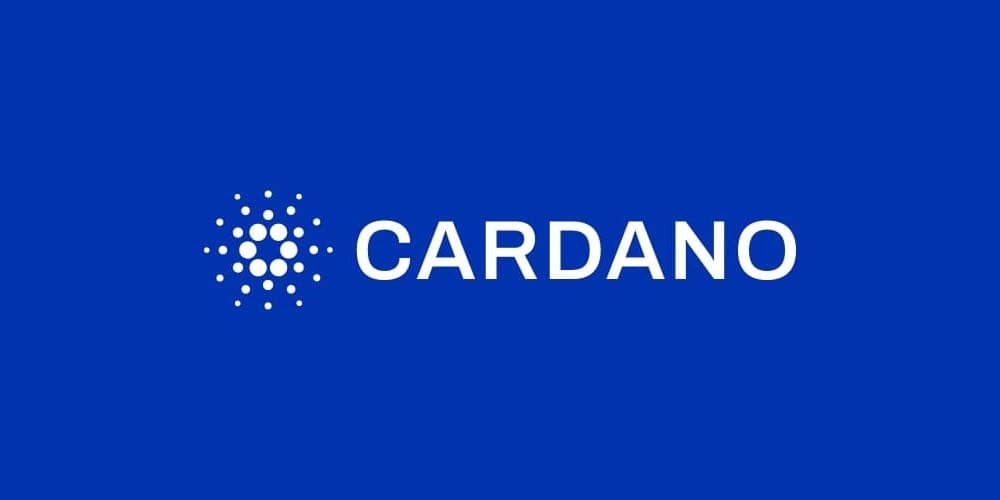Blockchain and Artificial Intelligence (AI) are two revolutionary technologies that, when combined, have the potential to address critical challenges and unlock new opportunities. Blockchain's features—such as transparency, security, and decentralization—complement AI's need for data integrity and privacy. In this chapter, we'll explore how blockchain can secure and decentralize AI models, enhance data privacy, tokenize AI services, and optimize supply chains.
Securing and Decentralizing AI Models
AI models are often hosted on centralized servers, making them vulnerable to hacking, tampering, and unauthorized modifications. Blockchain provides a solution to these challenges by offering a decentralized and secure platform for AI models.
Key Benefits of Securing AI with Blockchain:
- Decentralized Hosting: By hosting AI models on a blockchain, we remove the central point of failure. Blockchain nodes share the responsibility for maintaining the model, significantly increasing security.
- Tamper-Proof Records: Once an AI model is deployed on a blockchain, it cannot be tampered with. This immutability ensures that AI models remain trustworthy and free from malicious alterations.
- Trustless Collaboration: Decentralization allows AI developers to collaborate without the need for mutual trust. Blockchain smart contracts can manage access to models, reward contributors, and ensure compliance with defined rules.
Real-World Application: The SingularityNET platform uses blockchain to create a decentralized AI marketplace, where developers can deploy their models for public or private use. The blockchain ensures that all models are safe and cannot be tampered with, fostering a secure environment for AI collaboration.

Enhancing Data Privacy with Blockchain
Data privacy is crucial for AI models, which rely on vast amounts of information for training and decision-making. Blockchain technology addresses privacy concerns by offering transparent yet secure mechanisms for data sharing.
Blockchain Solutions for AI Data Privacy:
- Data Encryption and Control: Blockchain networks can encrypt data before it is shared with AI models, ensuring that sensitive information remains protected. Owners can specify access permissions, maintaining control over who can use their data.
- Decentralized Data Storage: Instead of storing data on centralized servers that may be vulnerable to breaches, blockchain distributes encrypted data across nodes. This makes it more difficult for malicious actors to access or misuse the data.
- Federated Learning: Federated learning allows AI models to be trained on data across multiple sources without the data itself being shared. Blockchain plays a role in securely coordinating the training process, ensuring privacy and compliance.
Real-World Application: Ocean Protocol provides a blockchain-based platform that allows individuals and organizations to share and monetize their data without compromising privacy. AI models can access this data through smart contracts, but the underlying information remains secure and private.

Tokenizing AI Services and Model Access
Blockchain's tokenization capabilities enable the creation of digital tokens that represent access rights, ownership, or participation in AI services. Tokenizing AI services provides a new way to interact with and monetize AI models.
Tokenization Opportunities for AI:
- Access Tokens: AI services can be tokenized, meaning users must hold specific tokens to access an AI model. This creates a fair and transparent mechanism for monetizing AI capabilities.
- Model Ownership: Tokenization can also be used to represent partial ownership of AI models, enabling multiple stakeholders to invest in and benefit from an AI system. This collaborative ownership model fosters innovation and ensures fair compensation for contributors.
- Micropayments for Services: Users can pay for AI services on a per-use basis using blockchain tokens. This is particularly useful for businesses that require AI analytics or insights but want to avoid paying for full access.
Real-World Application: Numerai, a hedge fund powered by AI, uses blockchain tokens (Numeraire) to incentivize data scientists to develop predictive models. Contributors are rewarded in tokens based on the performance of their models.
Supply Chain Optimization with AI and Blockchain
Supply chains are complex networks involving multiple stakeholders, each playing a critical role in the movement of goods and services. Combining AI and blockchain helps optimize these processes, making supply chains more transparent, efficient, and secure.
How AI and Blockchain Collaborate in Supply Chains:
- Real-Time Tracking: Blockchain provides an immutable record of goods as they move through the supply chain, while AI analyzes this data to provide real-time insights into logistics and inventory management.
- Predictive Analytics: AI can analyze historical supply chain data to predict future demand, identify potential delays, and suggest optimal routes. Blockchain ensures that the data used for these predictions is accurate and tamper-proof.
- Enhanced Transparency and Trust: The combination of AI and blockchain creates a trustless environment where all parties can verify the movement of goods and payments. Smart contracts can be used to automate transactions once certain milestones are reached, such as delivery verification.
Real-World Application: IBM's Food Trust platform leverages blockchain to ensure food safety and traceability, while AI analyzes data to detect potential supply chain disruptions before they happen. The combination of blockchain and AI has reduced the time needed to trace food items from several days to just seconds.

Conclusion
The integration of blockchain into AI applications is paving the way for more secure, decentralized, and efficient systems across various industries. From securing AI models to enhancing data privacy, tokenizing AI services, and optimizing supply chains, the use cases are abundant and transformative.
For blockchain developers and AI enthusiasts alike, understanding how these technologies intersect is key to building innovative solutions that address today’s most pressing challenges. Whether it’s creating secure AI models, developing decentralized data marketplaces, or enhancing transparency in supply chains, the combined power of blockchain and AI is reshaping our technological landscape.
Ready to dive deeper? Explore the next chapter on how AI can enhance blockchain technology itself! 🚀





Comments